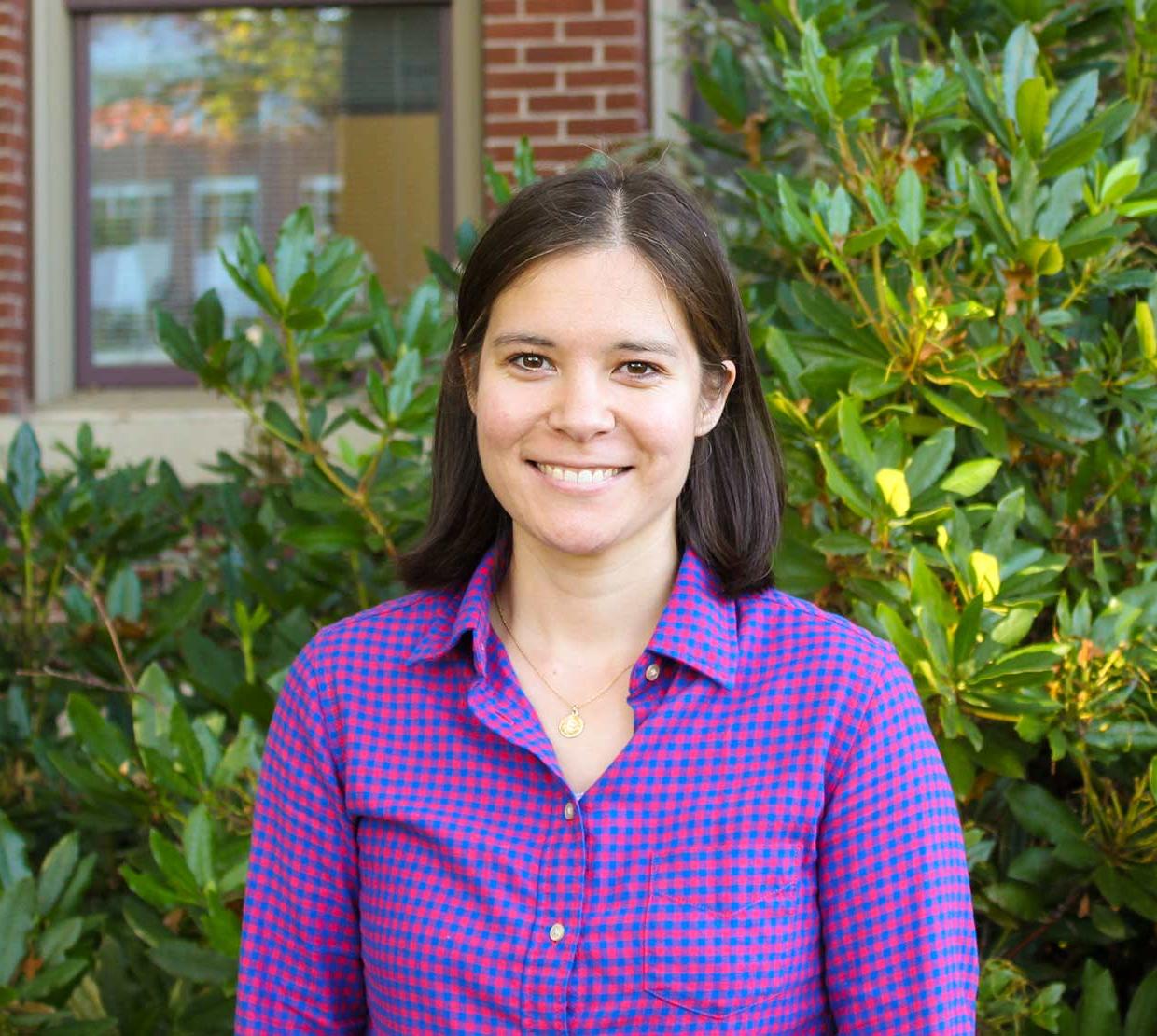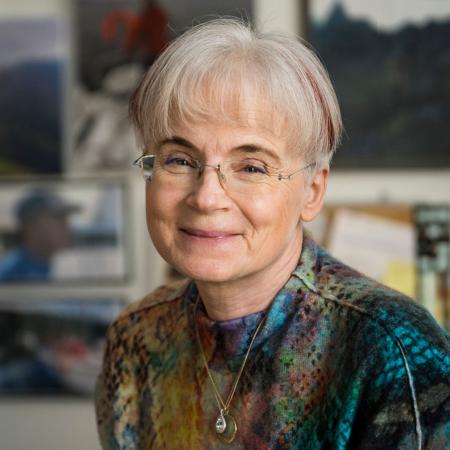Elise Lockwood, assistant professor in the Department of Mathematics at Oregon State, has received a five-year $800K National Science Foundation (NSF) CAREER Award for her project, “Developing Undergraduate Combinatorial Curriculum in Computational Settings.”
The CAREER Award is NSF’s most prestigious award for early career faculty with the potential to serve as academic role models in research and education and to lead advances in the mission of their department or organization. The awards support talented young researchers and scientists as scientific leaders who can integrate education and research in their fields.
“I am very proud of Elise’s success. The NSF CAREER Award not only recognizes her excellent research in mathematics education but also her leadership,” said Sastry G. Pantula, dean of the College of Science. “Elise is an outstanding educator and mentor committed to learning innovations and student success.”
“She is the seventh NSF CAREER awardee in the College of Science and the first in mathematics. I am proud of our faculty’s national and international recognition in research and teaching.”
Other science faculty currently supported by NSF CAREER Awards include Chong Fang, Paul Cheong and David Ji (Chemistry); Debashis Mondal (Statistics); and Ethan Minot and Davide Lazzati (Physics). The College continues to provide training in grant writing for its faculty, and this year, it is focusing its training on NSF CAREER grants for junior faculty.
Lockwood’s research focuses on the teaching and learning of combinatorics at the undergraduate level. The field of combinatorics includes enumeration (or "counting") problems, especially those dealing with the numerical relationships in permutations and combinations. Its applications in probability and discrete mathematics are part of mainstream secondary and post-secondary education, and it is essential for educators to understand how students can best learn and master this difficult branch of fundamental mathematics.
The topic of combinatorial learning intrigued Lockwood after she fell in love with solving counting problems as a graduate student. She was fascinated by the fact that counting problems are easy to state and understand but can be surprisingly difficult to solve. She noticed a paucity of quantitative and qualitative research on the subject.
Lockwood's own work has uncovered significant aspects of how students solve counting problems and what guides their combinatorial reasoning. The latter can range from how they draw upon different numerical outcomes to solve counting problems to how they independently identify mathematical interrelationships.
Lockwood’s research is especially important because there is ample evidence that suggests students struggle with combinatorial mathematics, posing challenges to their success in the classroom.
“I am passionate about finding ways to help students become more successful as they solve combinatorial problems, and I am grateful for the NSF's support of this work," said Lockwood.
"The grant will also facilitate the professional development of our graduate students, providing a number of rich opportunities to engage in mathematics education research,” said Lockwood.
The NSF CAREER Award will help advance Lockwood’s research on how students learn combinatorial mathematics to the next stage: the interdisciplinary relationship between combinatorics and a neighboring mathematical field.
Lockwood will investigate the relationship between students' learning and understanding of combinatorial mathematics and students' computational thinking and activity. A focus on computational mathematics will also demonstrate how the effective exploitation of different techniques, ideas and activities (such as writing programs and algorithms) from computer science can elicit student engagement and improve instruction of combinatorial problem-solving.
The project will contribute to the “national need for basic research” in this area, according to Lockwood.
One of Lockwood’s objectives is to develop “research-based curricular materials in the form of modules to be implemented in mathematics and computer science classrooms.”
After graduating with a degree in mathematics from Wheaton College, Lockwood obtained her master’s and Ph.D. in mathematics education from Portland State University. Prior to joining OSU in 2013, Lockwood was a postdoctoral fellow at the University of Wisconsin, Madison.




